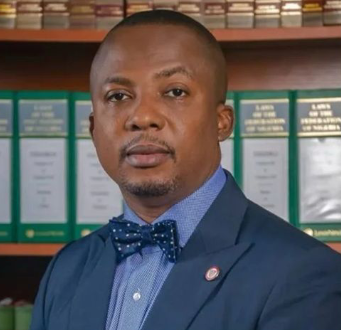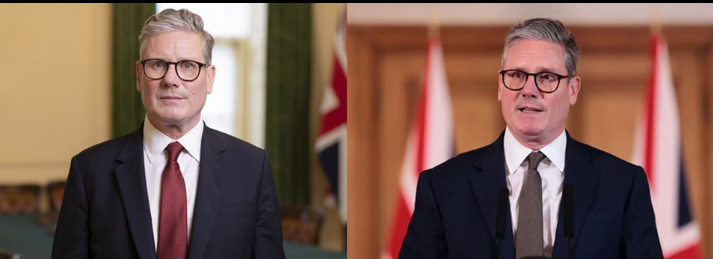
"Put the Same Energy in Looking Out for Other States" - Lagos Commissioner of Environment Tells Media Personality Scott Iguma After Remarks on Lagos' Condition

In a recent social media exchange that has sparked conversations online, the Lagos State Commissioner for Environment, Tokunbo Wahab, responded to media personality Scott Iguma following his critical remarks about Lagos. Iguma had taken to social media to express his displeasure with the state, claiming that Lagos has a distinct smell and is plagued with large mosquitoes.
Wahab, visibly perturbed by Iguma's comments, took to his own social media platform to address the issue, emphasizing that the ongoing trend of disparaging Lagos, particularly by individuals who have recently relocated to the city, is both unfair and detrimental. He expressed his concern over what he described as deliberate attempts by some to tarnish the reputation of Lagos State, highlighting that it is worrisome when people who move from their home states in search of better opportunities soon begin to criticize the state that has afforded them such chances.
"The deliberate efforts by a handful of individuals to tarnish the reputation of Lagos State are deeply concerning. It is regrettable that some who relocate from their home states in pursuit of better opportunities quickly, in less than a month or two, resort to disparaging the very state that has provided them the platform to thrive," Wahab stated. He noted that leveraging social media influence to push divisive narratives does not only harm the state's image but also undermines the progress Lagos has made over the years.
Wahab further asserted that while constructive criticism is important for the growth and development of any community, spreading negative narratives with seemingly malicious intent does little to foster unity and progress. He maintained that Lagos remains a place of opportunity, innovation, and resilience, and that it is crucial to preserve its integrity rather than succumb to divisive rhetoric.
In a direct address to Scott Iguma, Wahab said, "Dear @IgumaScott, I do hope that you will put this same energy in looking out for other states. I wish you all the best!" His message seemed to suggest that rather than focusing solely on Lagos, individuals with significant social influence should also cast a critical eye on other parts of the country that may be grappling with their own challenges.
The Commissioner’s response has since triggered mixed reactions online, with some social media users supporting Wahab's stance, while others believe that Iguma’s critique highlights real issues faced by Lagos residents. Supporters of Wahab argue that Lagos, as a metropolitan hub that accommodates people from various backgrounds, should be appreciated for its opportunities rather than incessantly criticized.
On the other hand, those siding with Iguma insist that the concerns he raised are valid and reflective of the day-to-day experiences of Lagosians. They argue that addressing environmental and infrastructural issues should be prioritized, rather than dismissing public grievances as mere attempts to defame the state.
This exchange between the media personality and the Commissioner highlights a broader conversation about the portrayal of Nigeria’s largest city. As Lagos continues to evolve amidst the challenges that come with urban expansion, the tension between pride in progress and acknowledgment of shortcomings remains palpable.
Amid the ongoing debate, Wahab reiterated the importance of collective responsibility in maintaining the positive image of Lagos, urging both residents and newcomers to channel their energies toward constructive engagement rather than divisive commentary. Whether this message will resonate or not remains to be seen, as social media continues to be a space where opinions clash and public figures find themselves at the center of controversy. As the dust settles, one thing is clear: the narrative of Lagos as both a city of opportunity and a city facing unique challenges continues to unfold."

